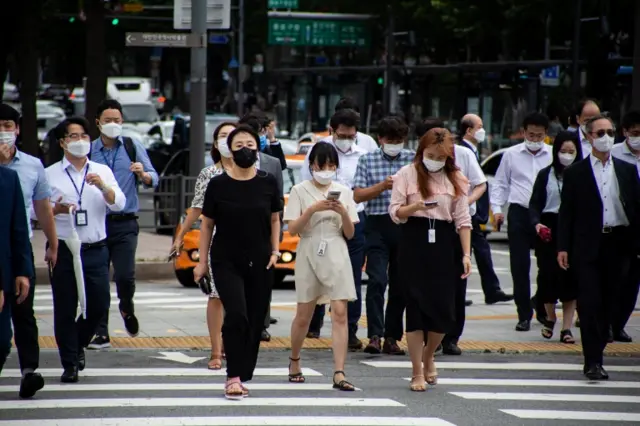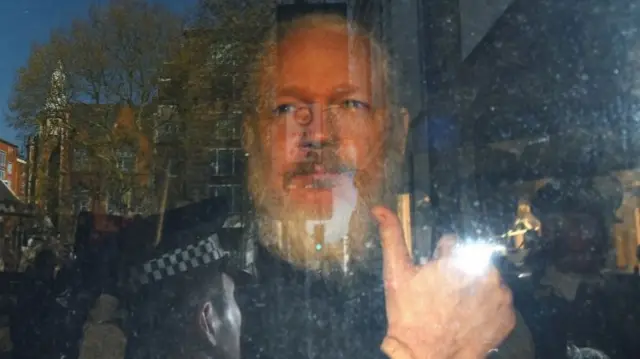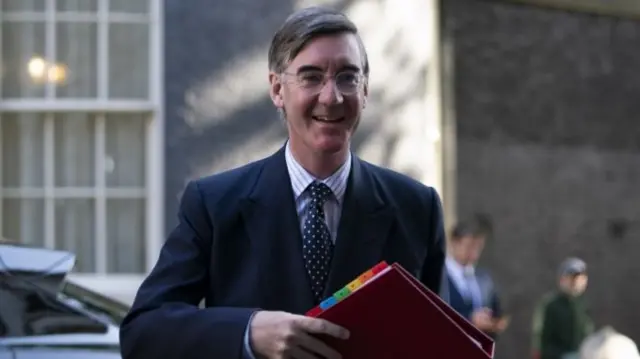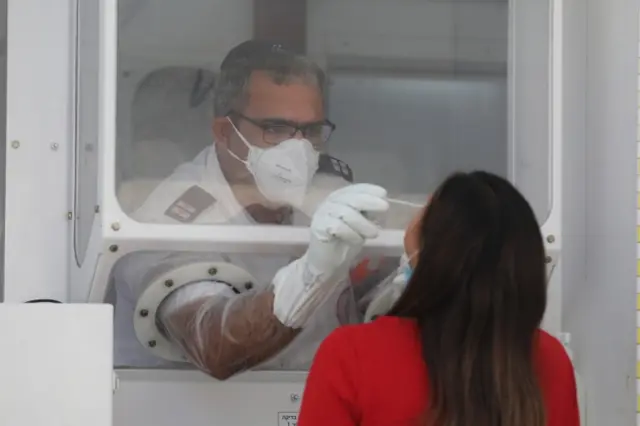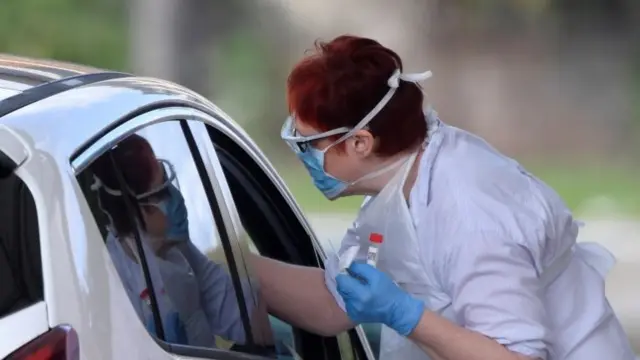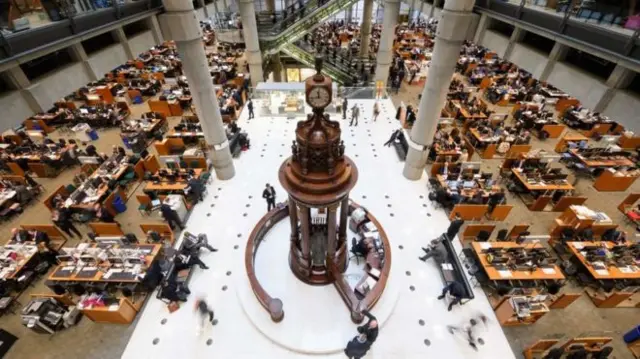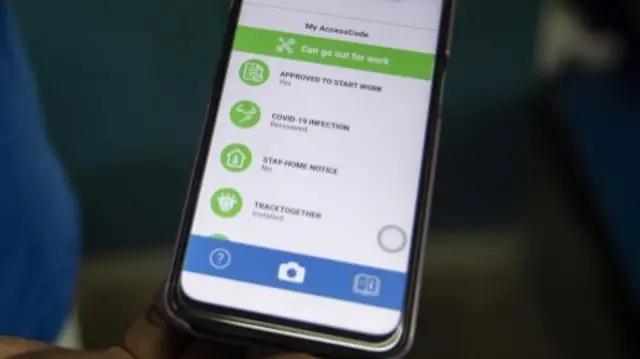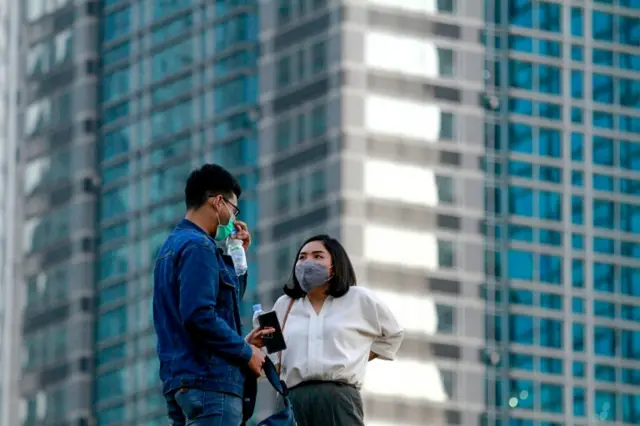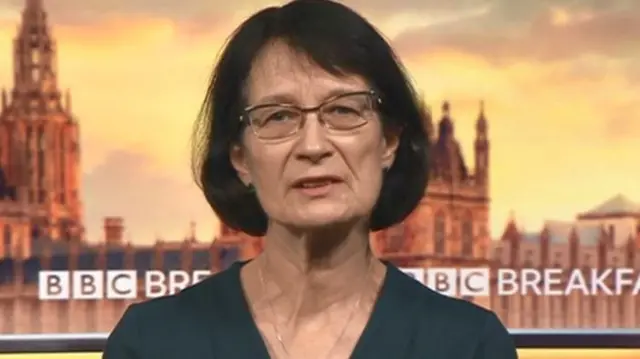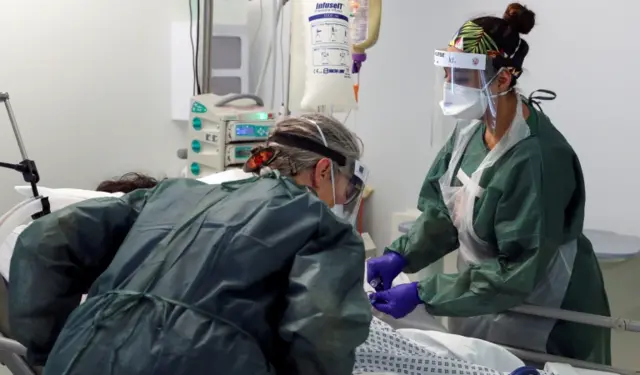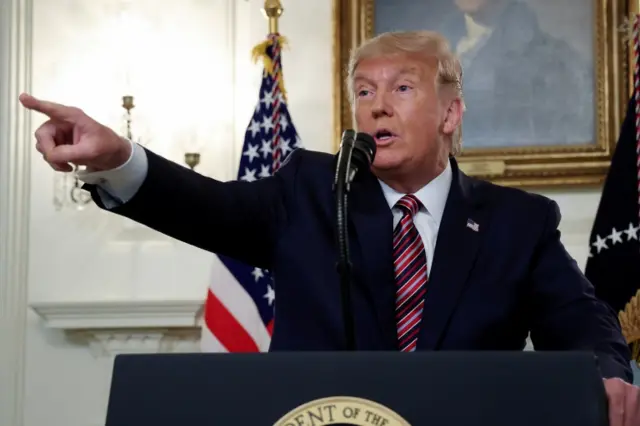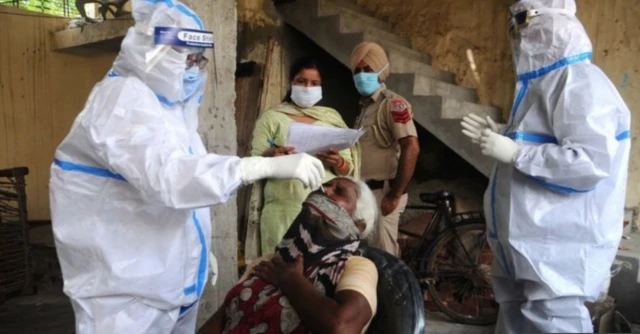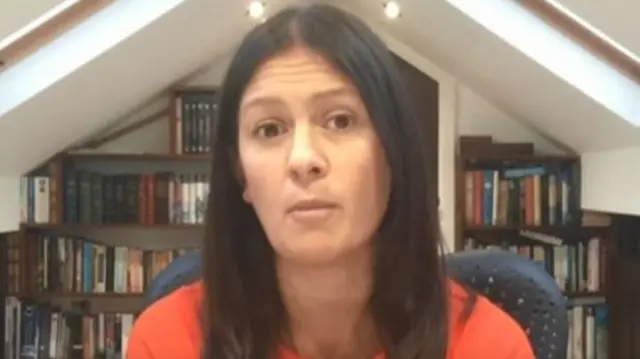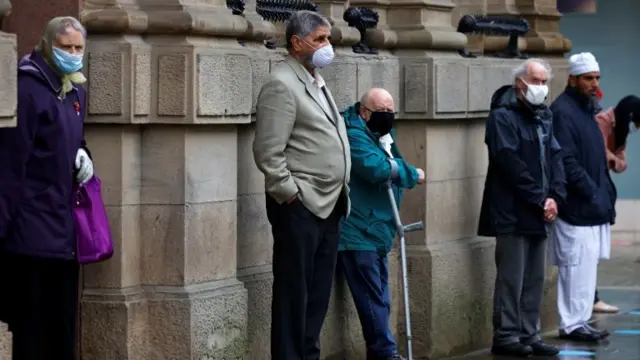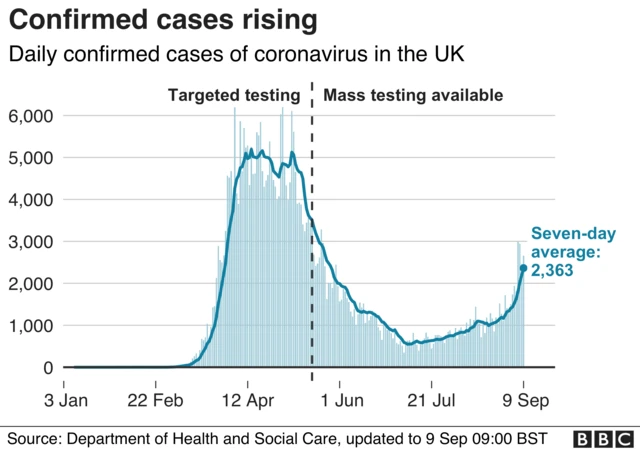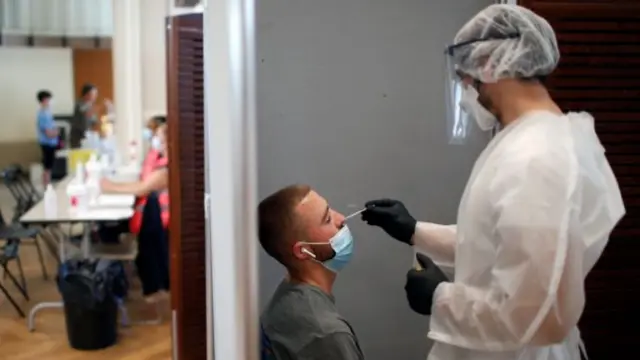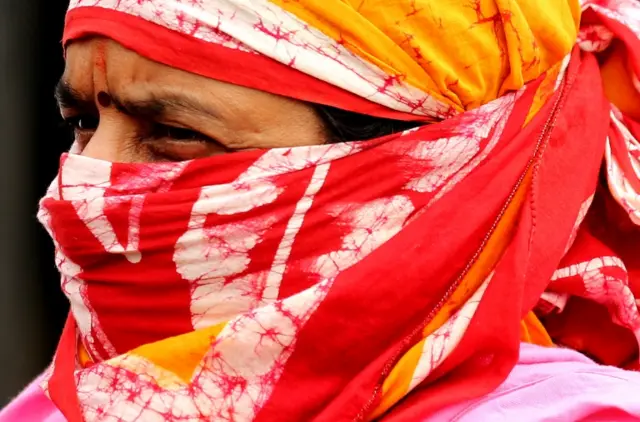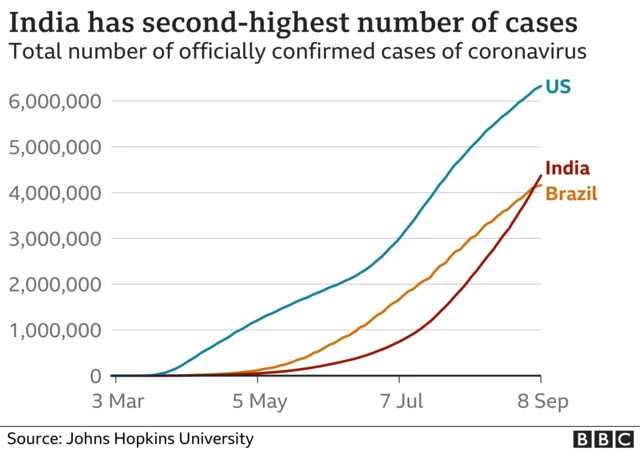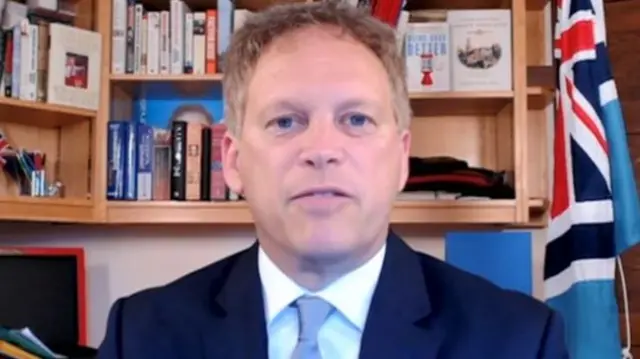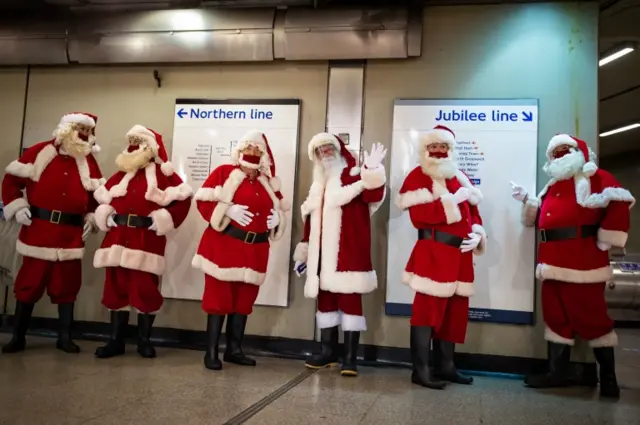Top US health official questions Trump's vaccine goalpublished at 12:05 BST 10 September 2020
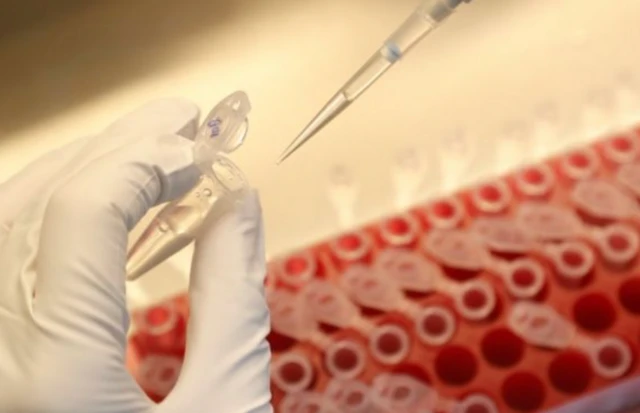 Image source, Reuters
Image source, ReutersThe debate about when a vaccine will be ready - and whether it will be safe - is still rumbling on.
US President Donald Trump has said he wants one available in the US before November's election.
But the director of America's National Institutes of Health, Dr Francis Collins, has questioned this prediction.
“Certainly, to try to predict whether it happens on a particular week before or after a particular date in early November is well beyond anything that any scientist right now could tell you and be confident they know what they are saying,” Dr Collins told the Senate Health, Education, Labor and Pensions Committee on Wednesday.
No vaccine has yet completed clinical trials, according to the World Health Organization (WHO) - leading some scientists to fear the search for a vaccine is being politicised, and public trust could be damaged.
Earlier this week, a group of nine vaccine developers this week announced a "historic pledge" to uphold scientific and ethical standards in the search for a vaccine.
The firms, including Pfizer and Merck, said they would only apply for regulatory approval after vaccines went through three phases of clinical study.

